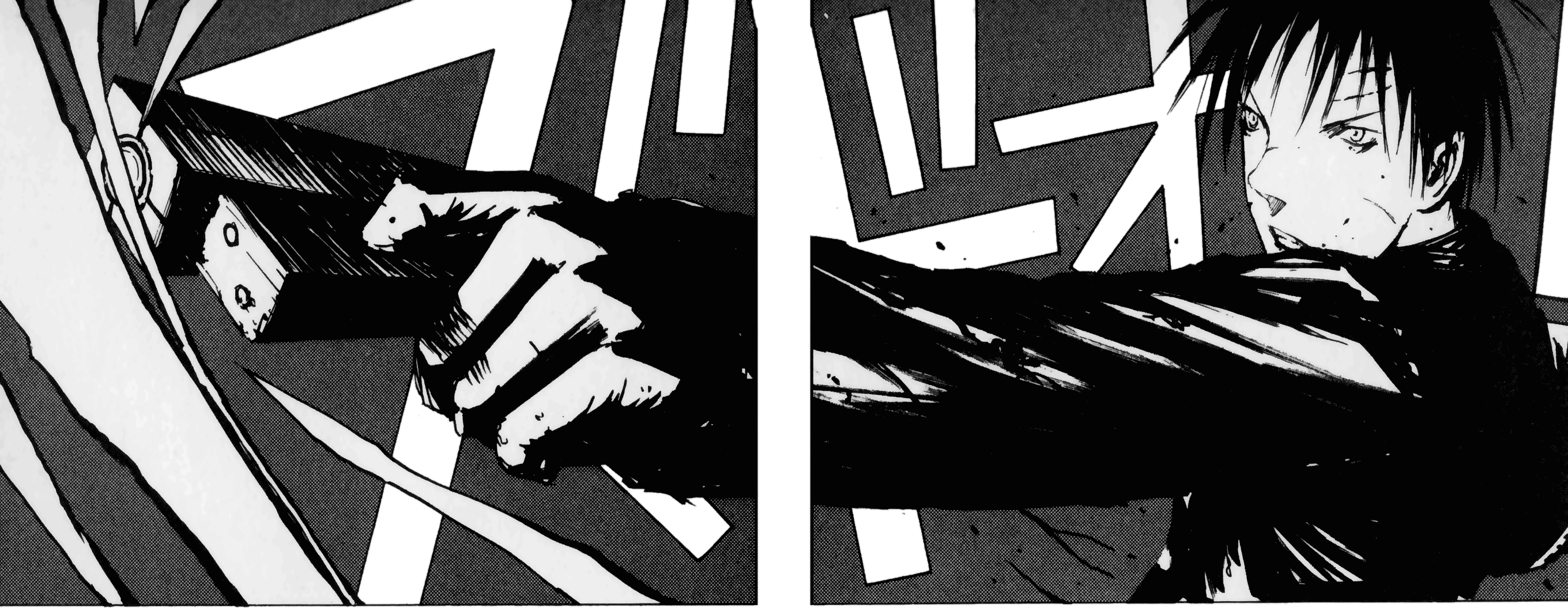Review: Raised by Wolves (First Season)
Rating: 5/10
(Contains spoilers)
tl;dr: No wolves in there, what a ripoff!
In 2020, HBO Max released the first season of the sci-fi series “Raised by Wolves”. The show revolves around two sets of characters trying to create a new home for humanity on a distant planet. One set is composed of two androids and the children under their care while the other is composed of a band of devout believers who are unaware that there are two atheists in their midst. The storylines of the two sets converge and diverge more than once over the course of the show, and the dramatic tension arises mostly from the conflicts between and within the sets.
Notably, director Ridley Scott was heavily involved, as he directed the first two episodes and served as executive producer for the show.
The Themes:Ridley Scott’s influence shows in, among other things, some of the main themes, which he had visited before in “Blade Runner” and the new Alien movies:
- Theism vs. Non-theism (Alien: Covenant)
- The relationship between creator and android, and the way it connects to the ancient “Man vs. God” conflict (Blade Runner - Prometheus - Alien: Covenant)
- Can androids truly develop emotions? And how are humans supposed to deal with a situation in which they apparently do so? (Blade Runner – Alien: Covenant)
- The challenges a small group of people faces while trying to establish a new home for itself far away from its place of origin; the manner in which the group’s members handle the complexities of such a project; the way all this affects the relationships between them (Alien: Covenant)
Aside from Ridley Scott’s pet interests, there are a few other themes that the show handles (or rather, tries to handle) like pacifism and animal rights.
The problem is that all these interesting themes are presented to the viewer without being discussed in any depth, let alone with original insights provided on any of them. The show is too ambitious and tries to handle too many things at once. It escapes pretentiousness but never achieves profundity. Although “Prometheus” and “Alien: Covenant” should’ve prepared me for this, I couldn’t help but expect more from the man who made “Blade Runner”.
The Plot & Characters:For most of the show the characters aren’t very interesting, and the plot suffers as a consequence. For example, the way the androids are depicted as they gradually behave more like humans, towards each other and towards the children in their care, makes their storyline resemble a soap opera, reaching its peak in the “cuckolded husband” scene in the final episode. An intriguing origin story is revealed halfway through but the show’s writer quickly squanders its potential. I have to say that as the androids were making their plunge into the lava in the final episode I was cheering them on.
By far, the worst thing about the show’s script is its religious adherence to the familiar woke taxonomy: Black Female > Black Male > White Female > White Male. A character’s place in the taxonomy determines practically everything about them, including their personality, motivations, character development, interactions with other characters, errors, chances at redemption…etc. The artificiality of the plot followed naturally from the artificiality of the characters.
Let me give an example. There are three black females in the show, a human and two androids. The black female human is a victim of rape by a white male who uses religion to justify his crime. The black female androids are owned by a white male who happens to be the leader of the overwhelmingly white band of believers. One of them is sacrificed by her owner to protect the group and the other is executed by a white male when she’s used as a pawn in a power struggle within the group.
The only ones spared are the little children and a South Asian female who’s always in the background (it’s as if the writer, not finding anything about her species in the taxonomy, didn’t know what to do with her). Speaking of the little children, Campion and Paul, along with the talented child actors representing them, made up a large part of what’s positive about the show.
There are a few other weaknesses, including odd omissions (e.g. where do they get their water from?) and illogical actions (e.g. Father’s decision to plunge into the lava along with Mother).
The Recycle Bin:Some of the show’s elements (mostly in the final episode) were recycled from the Alien franchise. The androids have a milky substance for blood; a monster uses the female protagonist’s body as an incubator, grows ridiculously quickly, then bursts out; the protagonist commits suicide by diving into molten lava in order to get rid of the monster.
A noticeable cliché, one that’s extensively used in the horror genre, is that of malignant entities taking the form of children or children being vessels for them. And another horror cliché is the pale, vicious, cave-dwelling humanoids we’ve seen before in “The Descent”, “The Hills Have Eyes”, and, similarly produced by devolution, in “Pandorum”.
I can’t say that I regret watching the first season, but I have no intention of watching the second.
Posted: 14-02-2022
Tags: review
